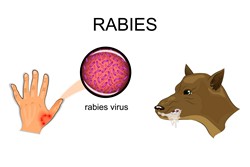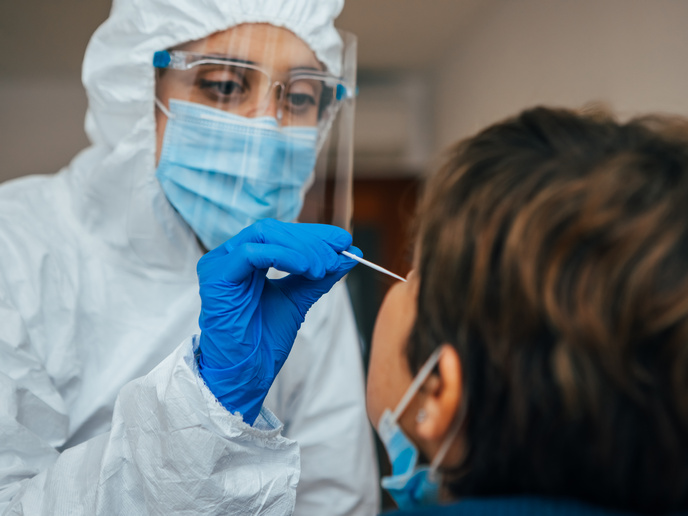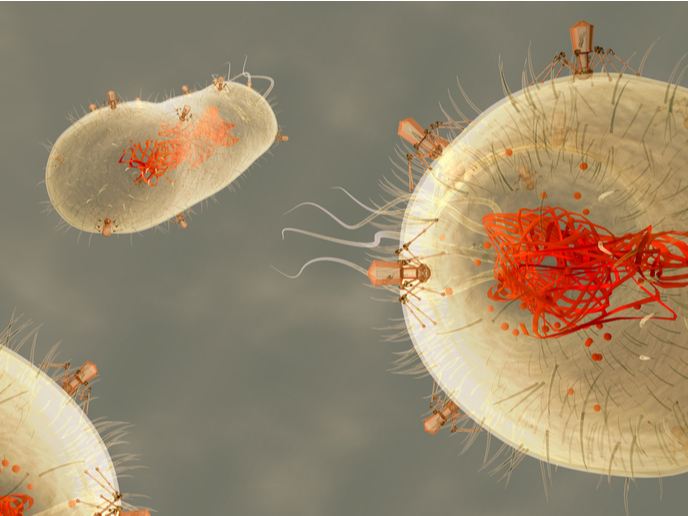Effective treatment of rabies infection
Rabies encephalitis is 100 % fatal disease. Pathogenesis of the disease is poorly understood and this limits possibilities to design rational intervention strategies. The main goal of the EU-funded ASKLEPIOS(opens in new window) (Advanced studies towards knowledge on lyssavirus encephalitis pathogenesis improving options for survival) project was to find antiviral molecules to treat patients who have already developed clinical disease associated with rabies virus infection. Rabies pathogenesis is a complicated multistep process. Previous studies determined that both the virus and the host response play an equally important role during rabies encephalitis. Thus, successful combination therapy against rabies will require compounds that inhibit virus replication and prevent detrimental host responses as a ‘two-hit’ approach. Antiviral activity against rabies infection was tested in cell cultures. The results demonstrated that Type-I interferons, the MAP kinase inhibitor sorafenib, ribavirin and favipiravir interfere with virus multiplication in cell cultures in non-cytotoxic concentrations. Importantly, when IFN-β was combined with ribavirin, favipiravir or sorafenib, researchers observed an additive inhibitory effect. The host response inhibitors were screened in an in vivo mouse model of rabies infection. Researchers identified compounds that inhibit detrimental host responses during rabies and prolong survivorship of experimentally infected animals. The results of these studies lead the way for the subsequent design of combination therapy. Further in vivo experiments demonstrated that the combinatory approach improved the survival chances of rabies-infected mice. Rabies virus is exclusively neurotropic and is restricted to the central nervous system (CNS). A treatment compound should be able to reach the brain even if given peripherally. ASKLEPIOS identified that mannitol effectively increases permeability of the blood-brain barrier and facilitates drug delivery into the CNS. ASKLEPIOS made a significant step forward towards treatment of rabies, despite the fact that no cure was found. Most of the compounds identified during ASKLEPIOS are already registered drugs and could be used in novel combinatory intervention strategies.







